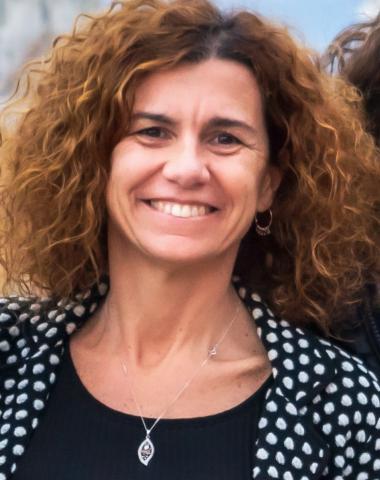CIRCULAR ECONOMY MODELS AND BY-PRODUCTS RECYCLING: SANT’ANNA SCHOOL COORDINATOR OF EU-FUNDED PROJECT iSlag OPTIMISING SLAG REUSE THROUGH ADVANCED MONITORING AND ARTIFICIAL INTELLIGENCE TOOLS AND TECHNIQUES

Over the last decade, the European Union has focused steadily on sustainable investing in the metallurgical industry employing innovative technologies to increase reuse and recycling of by-products. Thanks to the EU-funded project “iSlag” (Optimising slag reuse and recycling in electric steelmaking at optimum metallurgical performance through on-line characterization devices and intelligent decision support system), under the research program Rfcs - Research Fund for Coal and Steel, the Europan steel sector can benefit from novel tools also exploiting artificial intelligence techniques for the valorisation and reuse of slag, one of the main by-products of the steelmaking process, by identifying the most suitable reuse and valorisation paths. Therefore, in this project, which started in July 2020 and has a total duration of 42 months, the researchers aim at address the problem of sustainability of the steelmaking cycle by encompassing environmental, economic and social aspects.
“iSlag” is coordinated by Valentina Colla from the Industrial Engineering Centre of the Sant’Anna School TeCIP (Communication, Information and Perception Technologies) Institute, in partnership with a number of prestigious companies and research institutions, namely Vdeh-Betriebsforschungs Institut Gmbh (Germany), Institut fur Baustoff-Forschung Ev (Germany), Tenova Spa (Italy), Sidenor I+D (Spain), Tenaris Dalmine (Italy), Rina -Centro Sviluppo Materiali (Italy), Acciaierie di Calvisano Spa (Italy) and Deutsche Edelstahlwerke Specialty Steel Gmbh & Co.Kg (Germany).
Slags represents about 90% by mass of all by-products originating from the steel production, therefore optimizing its management and maximizing its reuse has a beneficial impact on the environmental footprint of the whole production cycle. However, an optimal slag management requires its precise characterization in order to exploit its features at best. iSlag aims at combining novel tools for a rapid characterization of solid and liquid slags, advanced models and complex data analytics also based on machine learning to maximize reuse and recycling of slag by reducing both environmental impact and landfilling costs related and maximizing revenues related to slag valorisation.
To this aim, user-friendly and ergonomic decision support tools will be developed, which will support workers in operating and management practices aimed at maximum valorisation of slag and will favour the implementation of the concept of circular economy in the daily work of electric steelworks.
Photo courtesy: Gruppo Pittini.




